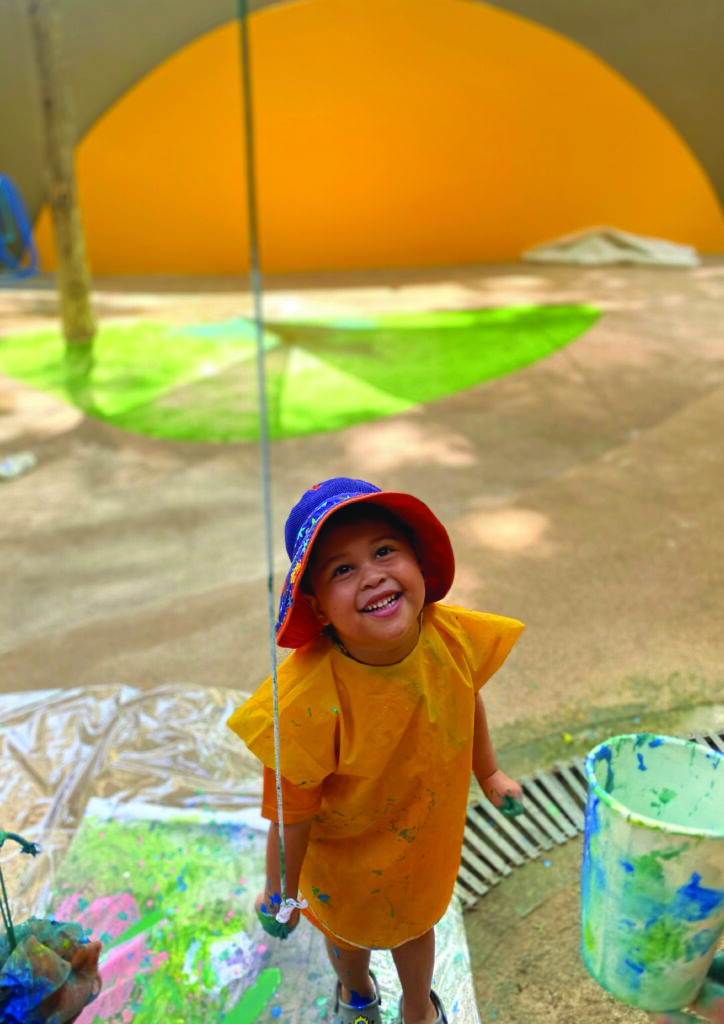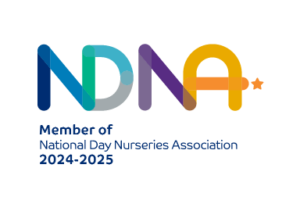
Emotional Development in Early Years: Building Emotional Literacy and Self-Love for Lifelong Success
“An emotion is your brain’s interpretation of bodily sensations in relation to what is happening around you in the world.”
There is a very famous 1960s Beatles song that states, “Love is all you need.” This concept remains as relevant for younger generations today as it was then. In the context of early years education, a strong foundation built on love is essential. At Lovell, we believe that to be successful and happy in life, it is important to develop emotional literacy and self-love, as these underpin all our social interactions and enable us to accept ourselves and others as we grow into well-balanced adults.
Our Approach to Early Years Emotional Development
Our early years specialist teachers understand that, to love and be loved, children need the following from adults:
- Respect
- Support
- Trust
- Care
- Boundaries
- To be seen
- Safety
- Space to grow
- Acceptance
- Love expressed through actions
- Presence when it matters most
‘With love and understanding we can guide our young children through times of overwhelming emotion and give them a safe space to grow.’ Ms. Karen
Behaviour and the Brain
“If you want a single reason to be patient with your child when they are being unreasonable in some way, this is it: your child’s brain isn’t fully formed yet, and they are, at times, literally incapable of controlling their emotions and body.” — Dr Dan Siegel
Understanding this as adults allows us to view tantrums differently. They are not manipulative behaviours, even if others might suggest so. Neuroscientist Lisa Feldman Barrett explains what occurs in the brain and nervous system in a way that gives us a clear and accurate understanding of a child’s experience. She states:
“We are most helpful if we can remain calm, breathe, and stay present alongside the child, as their nervous system recalibrates in response to the calm of our own nervous system.”
Read more: How Emotions Are Made by Lisa Feldman Barrett.
Our Role at Lovell
At Lovell, we remind ourselves that a significant part of our role as adults is to help our children feel safe. We seek gentle, compassionate ways to guide them in their behaviour. As our curriculum focuses on the healthy development of young children, we pay close attention to self-regulation.
We do our part to ensure children feel safe and secure, offering calm support when needed. This process, known as co-regulation, relies on our ability to provide a safe emotional space, laying the foundation for children to eventually self-regulate.
For further reading, Dr Stuart Shanker’s book, “Self-Reg: How to Help Your Child (and You) Break the Stress Cycle and Successfully Engage with Life,” offers valuable insights.
Find the book here.
CREDIT: Ms.Karen Jones, Lovell’s Headteacher (2022-2024)
Click to read this article in Thai
Lovell International School
📢 Now accepting applications for Pre-Nursery to Year 2!
🌟 Interested in visiting us?
Complete this form to schedule a tour (Thai-speaking staff available):
https://forms.gle/TGXhpzcbq8yMQtp47
📞 098-098-4595
💌 m.me/Lovellschool
🟢 LINE: @lovellschool


